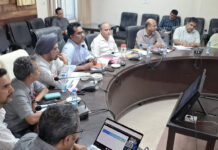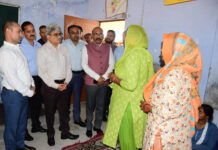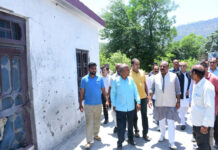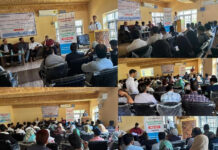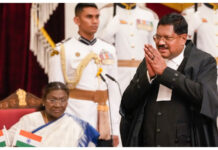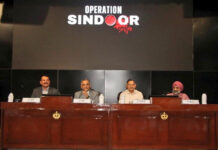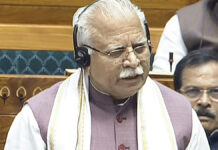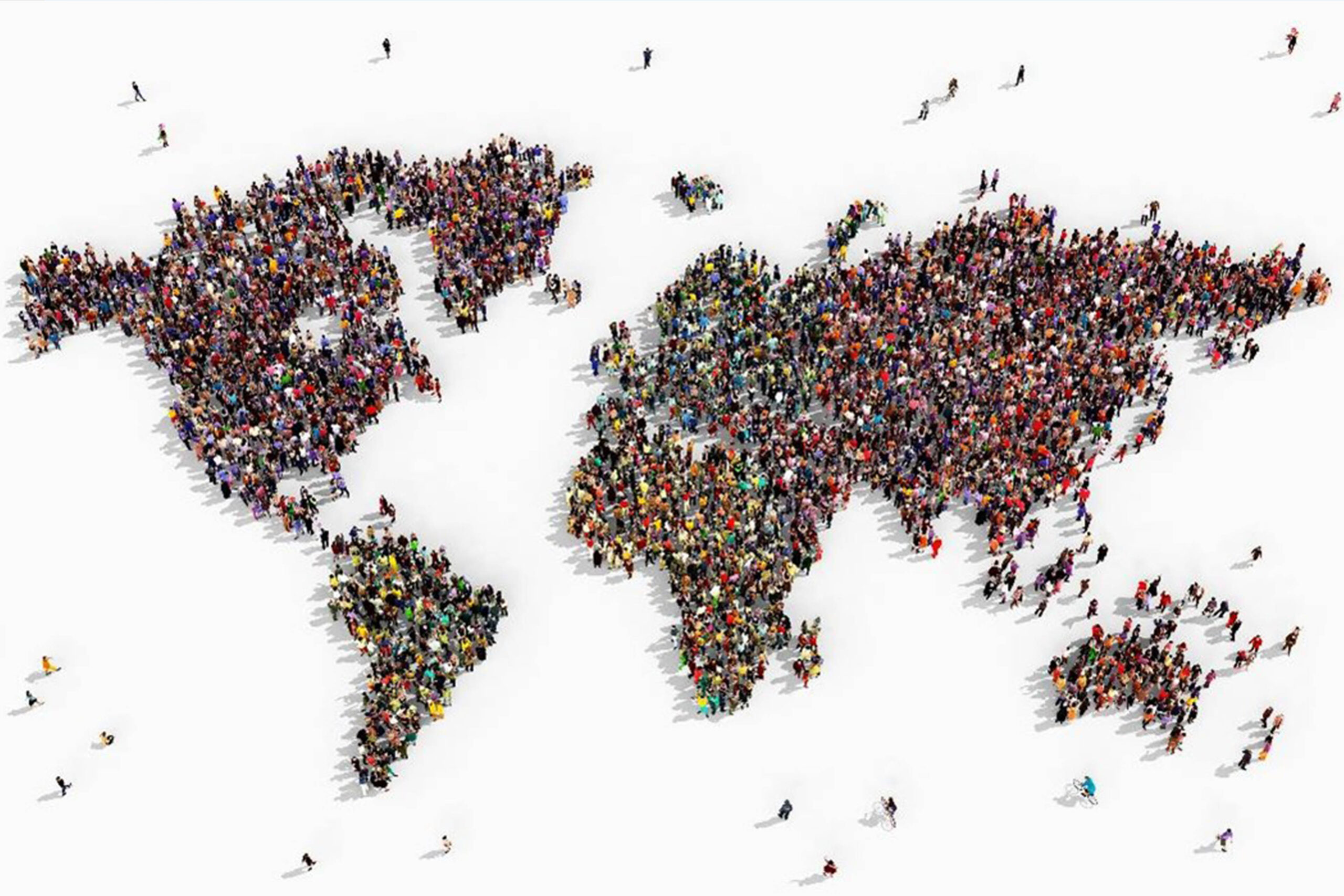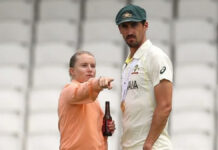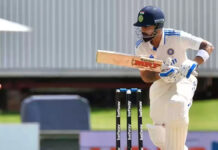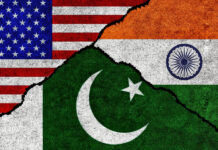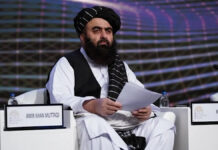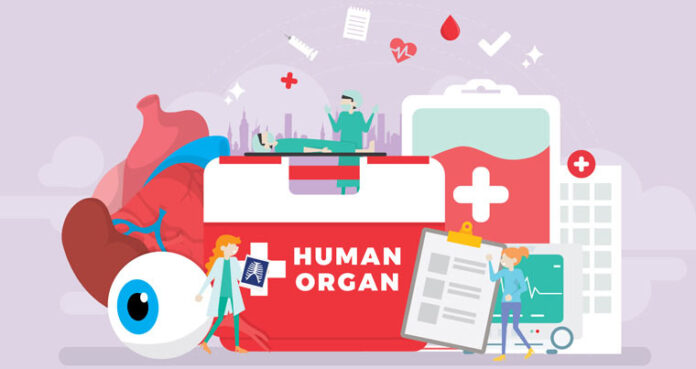NEW DELHI, May 22
It was in recent days that Sabith Nasar, a Malayali involved in an international organ trading network, was nabbed from Kochi. Now, C.A. Babu, former panchayat president of Mullassery, a coastal hamlet in Thrissur, has come up with the revelations that several illegal organ donations happened in his village, but the government machinery has not taken adequate actions on the matter. “I live in Ward 14 of Mullassery Panchayat. I came to know that in the panchayat, an organ trade mafia is functioning. They target mostly women from poor backgrounds. Many of these women have taken loans from microfinancing firms and are trapped in debt,” Babu told correspondent. “The mafia exploits the vulnerable situation of these women. To handle their debts, they borrow money from other moneylenders. My understanding is that the mafia operates through these moneylenders, offering money for kidneys and other organs.” Babu collected the details of seven persons and submitted a complaint on November 1 last year to the chief minister with a copy to the state health minister. In the complaint, Babu had noted seven cases that happened from the three words of Mullassery. “For organ donation, around 20 documents are required. But the agents of the organ trade mafia have successfully presented ‘fake’ relatives for donors in order to arrange these documents,” he stated.
“After my complaint, policemen from Pavaratty station came to take my statement. I also provided a list containing the names and addresses of seven people who had donated organs—five women and two men,” said Babu. “The police inquired with a couple of these individuals. They mentioned an agent named Vishwanathan from Annakara. In the past, he has been remanded in a similar case. The police questioned him, but he denied any involvement.” According to Babu, Vishwanathan later called him to say that he is not involved in the organ trade now. “He also told me that it is not seven but around 30 organ trade cases that have happened in Mullassery alone via some other agents. I know only about seven cases. I do not know about the rest of them,” he said.
correspondent. spoke to multiple organ donors whose names were on the list prepared by Babu. Interestingly, all these donors had the same narrative: they claimed to have donated their kidney to a close friend or relative and that they had not received any money for it. Multiple donors also mentioned that the recipients of their organs had died. They insisted that they did not receive any money and did this act only out of humanity. All the donors media had contacted confirmed that their surgeries were done in some of the top hospitals in Kochi.
“There seems to be some kind of pressure on these people,” Babu told media. “All of them come from very poor backgrounds.
One of the women was a daily wage worker in a Maveli store [run by the Kerala State Civil Supplies Corporation]. She donated her kidney for Rs 5 lakh with her husband’s support. However, after the procedure, her husband took the Rs 5 lakh and left with another woman. Consequently, she attempted to commit suicide. I informed the authorities about this particular case, but I do not think any investigation has taken place in that direction. After being discharged from the hospital, I visited this lady. That is when she told me how her husband had abandoned her. She has now gone to Kuwait to earn money to send her daughter to nursing school. She left for Kuwait around one and a half months ago.” When organ donation cases arise, station house officers in Kerala are required to verify the details of both the donor and recipient. It is unclear whether a proper verification process was followed in the cases listed by Babu. The social worker told media that he doubts that the extent of the organ trade could be larger than what is apparent. On November 20, the assistant commissioner of police in Guruvayoor submitted a report on Babu’s complaint to the chief minister’s complaint redressal cell. This report was based on an investigation conducted by officers at Pavaratty station. In that report, the ACP stated that the police had questioned Vishwanathan but had not received any “useful information.”
“The Pavaratty inspector, in his investigation report, noted that all the hospitals accused in the complaint are super speciality hospitals in Kozhikode and Ernakulam districts, and recommended forming a special investigation team at the state level to investigate the workings of the organ donation mafia,” stated the ACP’s report.
The police recently had formed a ten-member SIT to probe the case related to Sabith, who had allegedly facilitated human trafficking to Iran for organ trade. However, the state is yet to form a state-level SIT as per the recommendation by ACP’s report.
In the past, the state crime branch had made an investigation into organ trade in Kerala. In the report submitted by the CB in October 2020, there had been observations that a number of illegal organ transplantations happened in the state and “a number of people have been deceptively induced into donating their organs, mainly kidneys, on payment of money and the same had been received by various people at the behest of agents in violation of the Act.” The report had suggested that a detailed probe was important to expose a larger conspiracy and to nab kingpins behind organised organ trade. CB also observed that the coastal belt of Thrissur district is the hotbed of such activities.


